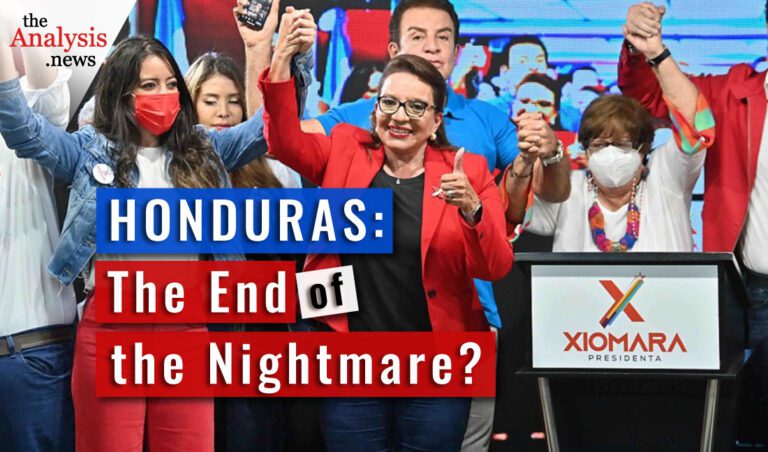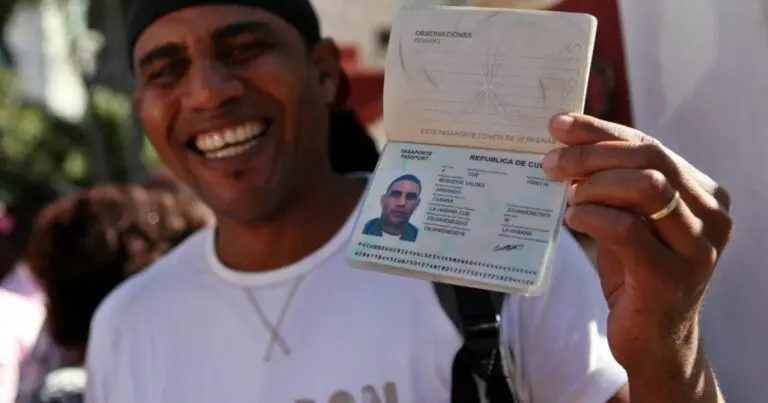Similar Posts

Haiti, Aristide, and U.S.-Backed Coups
As part of our series on the modern history of Haiti, Jafrikayiti analyses the rise of Aristide and the American-backed coups against him. He is also part of a group organizing a rally on August 6th, 2021, calling on Canada to stop interfering in the internal affairs in Haiti.

Honduras: The End of the Nightmare?
The election of the leftist Xiomara Castro as Honduras’s first female president means a significant rupture with the country’s recent right-wing – even fascist – past, says Center for the Americas director Laura Carlsen. However, whether Castro will be allowed to actually govern is another question, given that the state is deeply embedded in corruption and drug trafficking.

Colombia Enters a New Phase of Popular Mobilization
Tensions in Colombia have reached a boiling point, partly due to the pandemic crisis, but mostly because of the extreme neoliberal policies of the country’s right-wing government, says Colombia expert and political science professor Forrest Hylton.

Catastrophic Foreign Intervention in Haiti – Jafrikayiti (pt 1/2)
Following a disastrous UN mission in 2010, several Western-backed coups d’état, and the U.S. occupation of 1915-1934, the initiation of yet another foreign intervention in Haiti aligns with the longstanding imperial policy of the U.S., Canada, and European powers towards the country. Jafrikayiti, author and activist for Solidarité Québec-Haiti, underscores the broken social contract in Haiti, where installed leaders are neither elected by nor are accountable to the people but serve the interests of the private sector, over a dozen rich families, and the countries of the Core Group.

Will Cuban Reforms Create More Inequality – James Early on Reality Asserts Itself Pt 3/3
On Reality Asserts Itself with Paul Jay, James Early who has visited Cuba more than thirty times says what’s needed is more citizen participation and less centralization but Cuba is not headed towards the Chinese capitalist model. This is an episode of Reality Asserts Itself, produced November 18, 2013.

Why Did Argentines Elect a Right-Wing Non-Establishment Extremist?
Argentina elected Javier Milei, a right-wing libertarian populist, as its president on November 19th. Milei won because he represented a clear alternative to Argentina’s untenable economic crisis, says political scientist Atilio Borón. While he will no doubt inflict more pain on Argentina, his ability to privatize everything, though, is not assured because he lacks a majority in Argentina’s legislature.

I was puzzled by the “declining support” claim, so I went over to the ven. site to see whether it was explained there. It wasn’t, as far as I could tell.
It would be nice if someone would interrogate scary claims like that.
I know that Paul is still trying to get this site stabilized, but, speaking for myself, the non-interactive broadcast format has too much “pearls before swine” flavor to be engaging for very long. Engagement is the sine-qua-non of politics, so politically-oriented sites that don’t foster engagement have a really hard row to hoe.
Actually, viewership and donations are growing. That said, what form of engagement would you suggest?